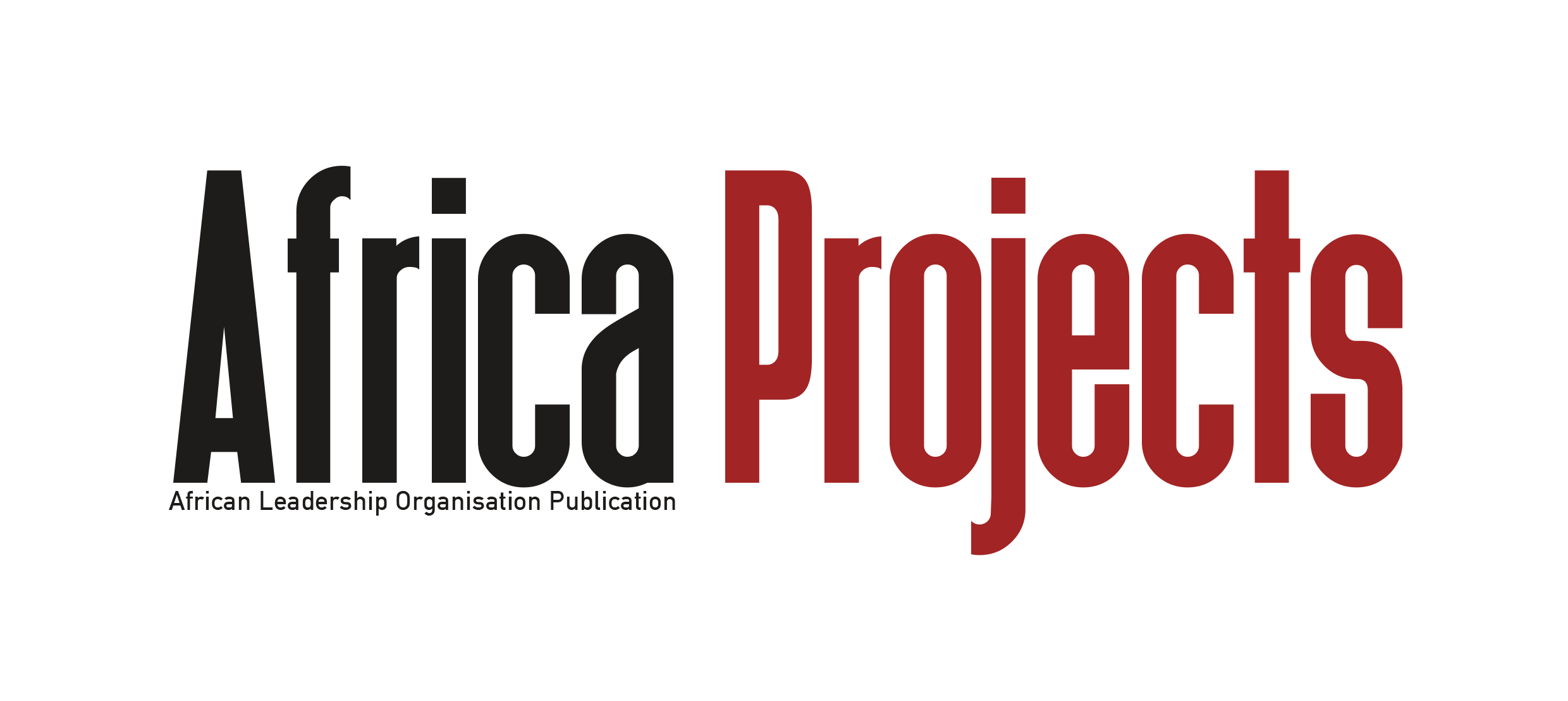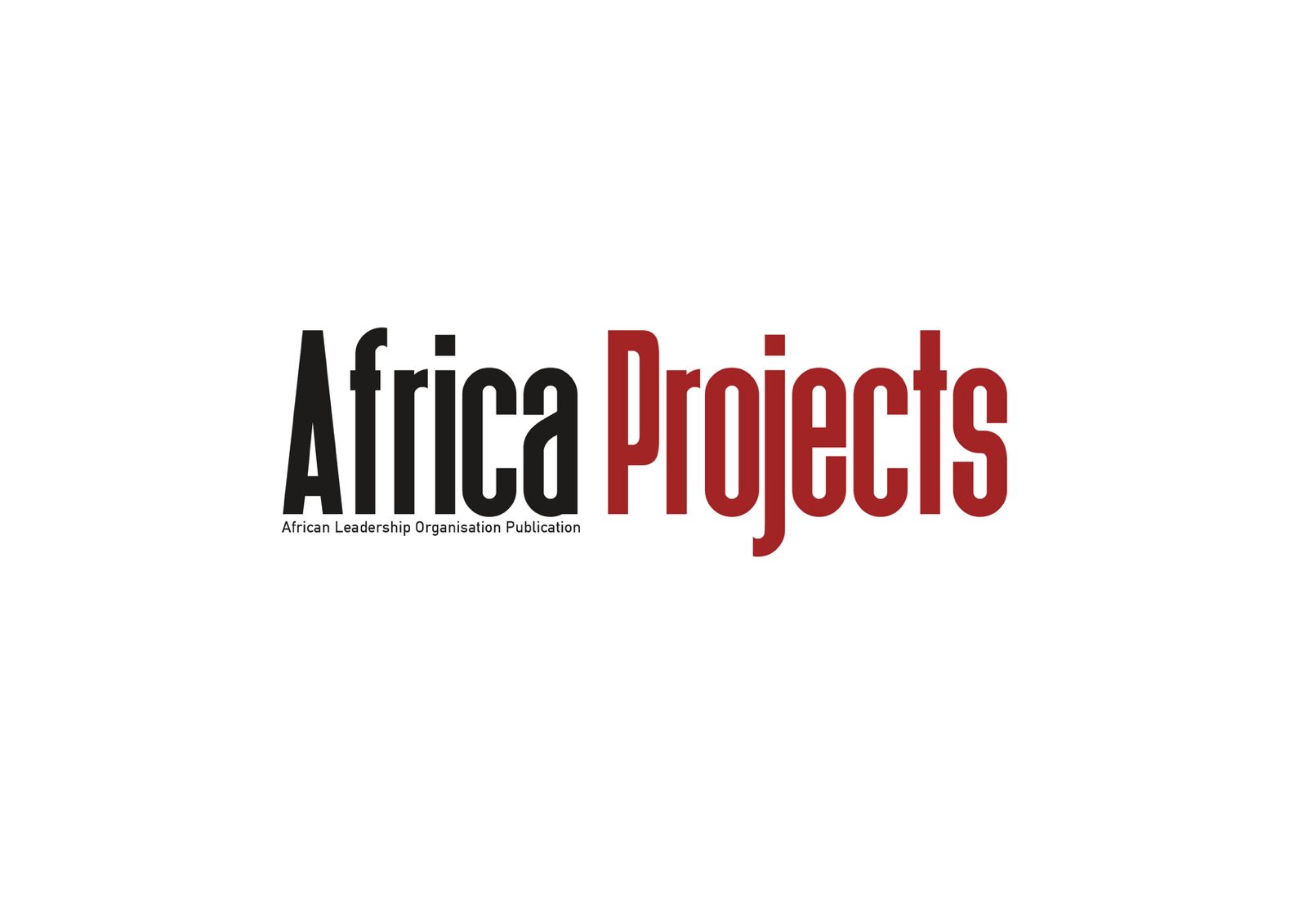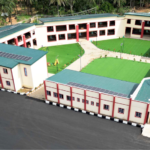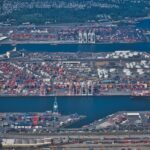- Home
- Features
- Startup Zone
- Projects
- Policies
- Shop
- Policies
- Projects
- Startup Zone
- Country Spotlight
- Analysis
- Tech
- Policies
- Projects
- Startup Zone
- Country Spotlight
- Analysis
- More
- Beyond the Kalashnikov: Africa’s Shift Toward Technology-Driven Warfare
- Afrail Express: Uniting a Continent on Rails
- AFRICA’S ENERGY CORRIDORS: CONNECTING POWER, PEOPLE, AND PROSPERITY
- Startup Lions Campus: Empowering Kenya’s Digital Generation
- L’Art de Vivre’s Le Paradis de Mahdia: Tunisia’s Model for Sustainable Luxury
- The Lobito Corridor: Rewiring Africa’s Trade Arteries Through Strategic Infrastructure
- AFRICA’S GREEN ENERGY TRANSITION: A BEACON OF HOPE FOR CLIMATE ACTION
- Dangote Refinery: Showcasing Africa’s Project Success Story
- AFRICA GREEN ECONOMY: ALL YOU NEED TO KNOW
- The Most Important Amicus Brief in the History of the World
- The Rise of Indigenous UAVs: Africa’s Drone Capabilities in Warfare and Surveillance
- AFRICA’S LARGEST OIL PRODUCERS: A COMPREHENSIVE OVERVIEW
- Beyond the Kalashnikov: Africa’s Shift Toward Technology-Driven Warfare
- Afrail Express: Uniting a Continent on Rails
- AFRICA’S ENERGY CORRIDORS: CONNECTING POWER, PEOPLE, AND PROSPERITY
- Startup Lions Campus: Empowering Kenya’s Digital Generation
- L’Art de Vivre’s Le Paradis de Mahdia: Tunisia’s Model for Sustainable Luxury
- The Lobito Corridor: Rewiring Africa’s Trade Arteries Through Strategic Infrastructure
- AFRICA’S GREEN ENERGY TRANSITION: A BEACON OF HOPE FOR CLIMATE ACTION
- Dangote Refinery: Showcasing Africa’s Project Success Story
- AFRICA GREEN ECONOMY: ALL YOU NEED TO KNOW
- The Most Important Amicus Brief in the History of the World
- The Rise of Indigenous UAVs: Africa’s Drone Capabilities in Warfare and Surveillance
- AFRICA’S LARGEST OIL PRODUCERS: A COMPREHENSIVE OVERVIEW
- Beyond the Kalashnikov: Africa’s Shift Toward Technology-Driven Warfare
- Afrail Express: Uniting a Continent on Rails
- AFRICA’S ENERGY CORRIDORS: CONNECTING POWER, PEOPLE, AND PROSPERITY
- Startup Lions Campus: Empowering Kenya’s Digital Generation
- L’Art de Vivre’s Le Paradis de Mahdia: Tunisia’s Model for Sustainable Luxury
- The Lobito Corridor: Rewiring Africa’s Trade Arteries Through Strategic Infrastructure
- Startup Zone
Top Insights
The Cost of Poor Roads: How Infrastructure Deficits Hurt Africa’s Economy
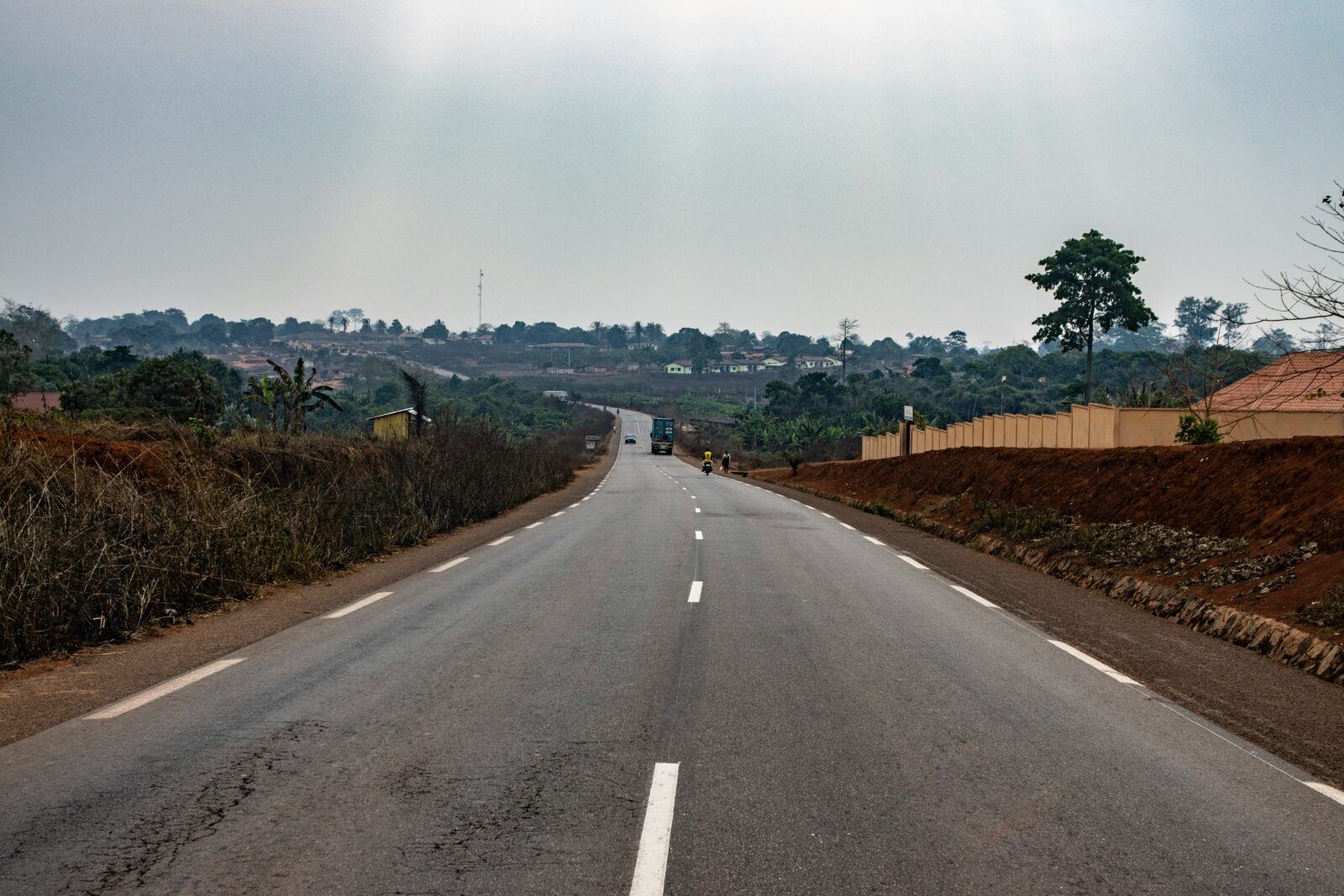
Africa is poised for economic growth and prosperity, yet a significant barrier lies in its inadequate road infrastructure. Across the continent, poor roads impede not only economic development but also access to essential services such as healthcare and education. This reality adds up to a disturbing narrative of lost potential, as the demand for robust infrastructure surges unfulfilled.
Infrastructure Deficits: A Pan-African Plight
Economic infrastructure is widely recognised as a cornerstone for growth and poverty alleviation. It enhances competitiveness, facilitates both domestic and international trade, and integrates African nations into the global economic landscape. Yet, across various sectors, notable infrastructure deficits persist. For instance, electricity access in Africa stands at merely 30 per cent, water and sanitation at 65 per cent, and telecommunication penetration is less than 13 per cent. Comparatively, other Less Developed Countries (LDCs) fare significantly better.
READ ALSO: Morocco’s Green Morocco Plan: Infrastructure for Agri-Exports
The consequences of these deficits are profound. Low road accessibility, pegged at just 34 per cent in Africa compared to 50 per cent for other LDCs, translates into high transaction costs. This hampers business operations, stifles private sector development, and deters foreign direct investment (FDI). Studies emphasising the impact of road infrastructure on economic progress have largely focused on developed and selectively researched developing countries, leaving a glaring gap in understanding its implications in the African context.
The Link Between Roads and Poverty
A recent analysis shed light on the correlation between road infrastructure and poverty alleviation across a sample of 33 African countries from 1990 to 2005. The findings are both eye-opening and enlightening. A 10 per cent increase in road infrastructure can lead to a 5.16 per cent decrease in the poverty headcount. More sensitive indicators, such as the poverty gap and squared poverty gap, suggest even greater implications, with respective reductions of 6.14 per cent and 6.91 per cent possible from similar infrastructure improvements.
Moreover, the study confirmed existing literature on the relationship between education, income inequality, and poverty in Africa. Investments in education not only reduce poverty but also contribute to economic growth. Additionally, elevated inflation rates, income inequality, and trade openness were found to have significant negative impacts on poverty levels across the continent.
Road Infrastructure: A State of Indifference
Despite the pressing need for repairs and improvements, Nigeria, alongside many other sub-Saharan nations, languishes under severely insufficient infrastructure. It is not merely the road quality that is a problem; there’s a palpable lack of prioritisation within the public sector. This indifference manifests as both infrastructure deficits and a failure to address existing ones adequately.
Immediate solutions can include leveraging public-private partnerships (PPP), utilising sovereign wealth funds, and engaging pension funds to fast-track development projects. Over the long term, an increase in statutory allocations to states and local governments can empower regional governance to better address its infrastructure needs.
The Call for Urgent Action
High-level discussions, such as those held by the Africa Prosperity Network (APN) and the AfCFTA Secretariat, have underscored the urgency of improving Africa’s infrastructure. Both road and aviation connectivity are critical for the continent’s trade and economic prospects. As highlighted during a recent webinar, bureaucratic hurdles at border crossings deter travel and trade. For instance, industry leaders noted that despite possessing valid travel documentation, traveller experiences at borders are marred by inefficient systems, discouraging movement across the region.
The case studies presented, particularly those that traced workflows across the continent, illustrated that business interactions and intra-regional travel face daily challenges due to poor infrastructure. A lack of direct flights between nations exemplifies the poor state of aviation connectivity, adding to the difficulties businesses face.
Towards a Connected Continent
Strategic investment in well-planned infrastructure projects is essential. Enhanced road networks could facilitate trade, minimise post-harvest losses in agriculture, and open pathways to essential services like healthcare and education. The effectiveness of past projects, such as the $300 million Kwame Nkrumah Interchange, demonstrates that the costs of neglecting these needs far exceed those of investment, with significant economic losses incurred in a decade without strategic development.
Financing and Future Directions
The path forward must acknowledge the need for innovative financing mechanisms that consider local contexts over generic solutions. Emphasising local contractor participation and exploring alternatives such as infrastructure banks can ease the burden borne by local firms. The involvement of the private sector should also be increased, ensuring alignment with broader economic strategies.
The cry for action is urgent; African nations must reorient their focus on investing in infrastructure to unleash the continent’s true economic potential. Streamlining policies, improving connectivity, and identifying sustainable financing mechanisms are critical steps toward building the desired Africa. To transform the continent into a thriving economic player on the global stage, Africa must invest in its roads and, by extension, the overall well-being of its citizens. The cost of poor infrastructure is far too great, and the time to act is now.
Recent Posts
Related Articles
Cutting-Edge Environmental Conservation Projects and Their Champions
Environmental conservation has entered a decisive era. As climate change accelerates, biodiversity...
ByafricaprojectJanuary 28, 2026Clean Water Access Projects Improving Lives in Underserved Regions
Access to clean and reliable water remains one of Africa’s most pressing...
ByafricaprojectJanuary 19, 2026Industrial Corridors Attracting Global Investors
Across Africa, industrial corridors are emerging as strategic economic arteries driving industrialization,...
ByafricaprojectJanuary 16, 2026The Engineers Behind Africa’s Tallest and Most Iconic Towers
Across Africa, the rise of tall and iconic towers is reshaping skylines...
ByafricaprojectJanuary 15, 2026